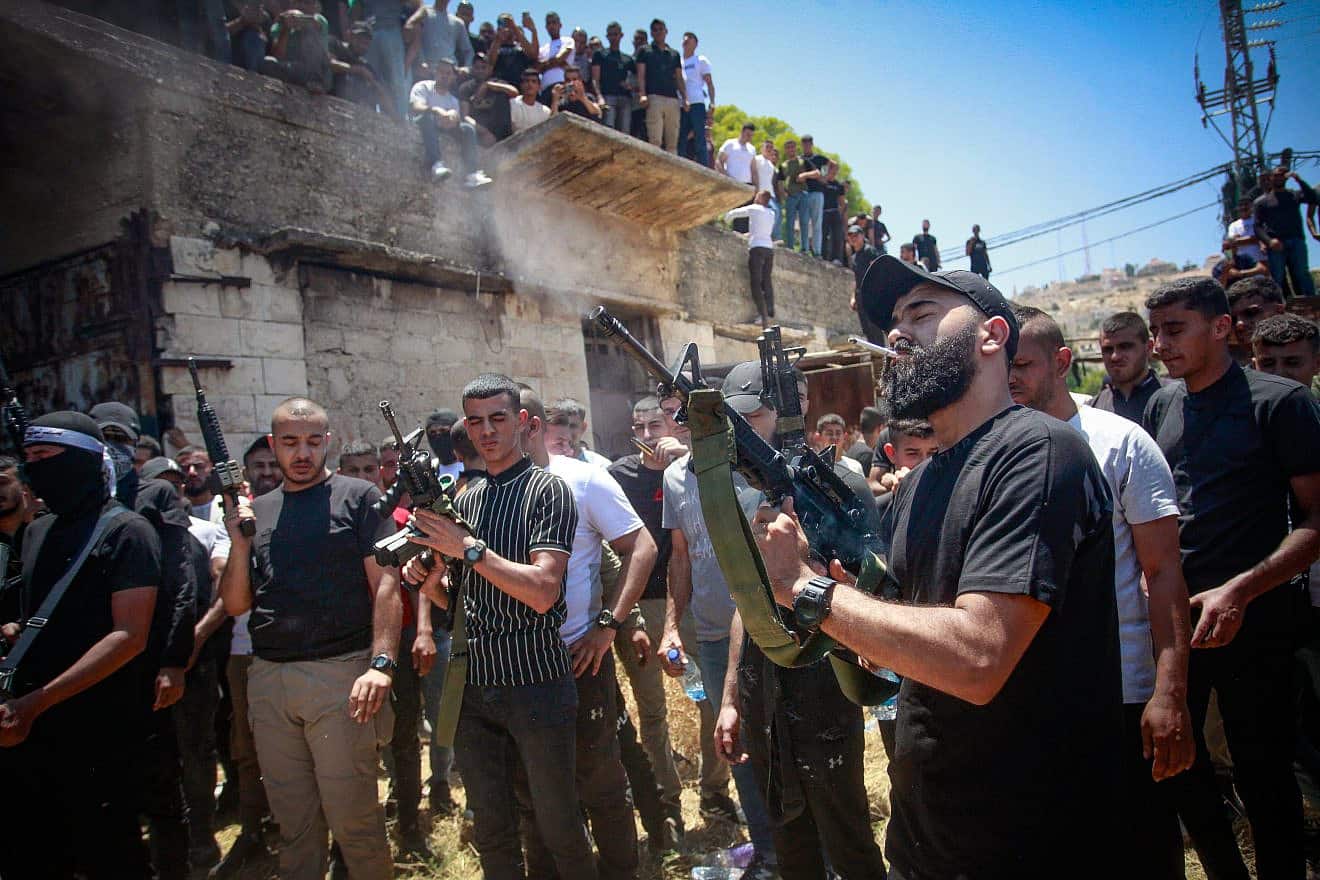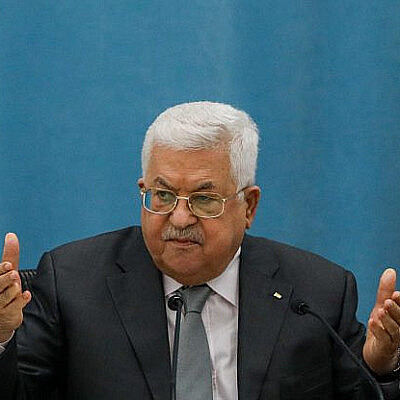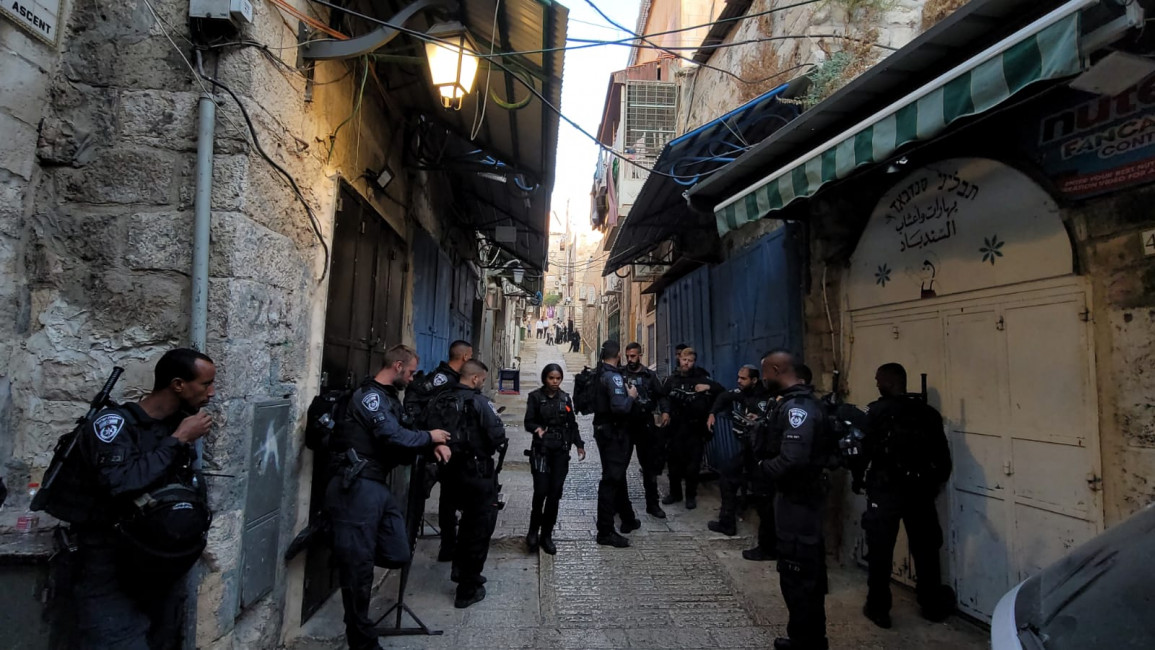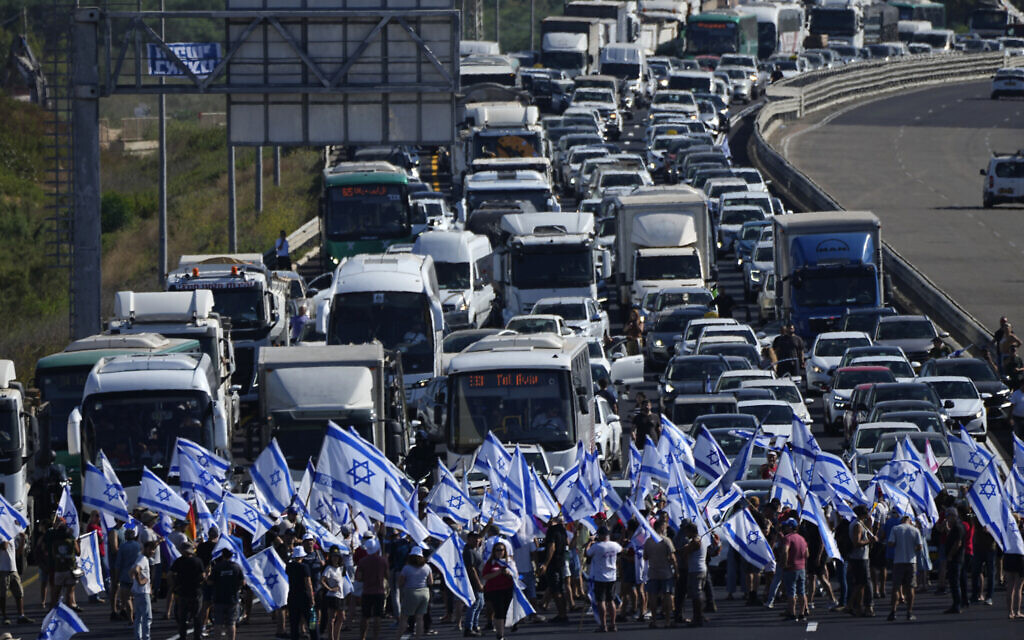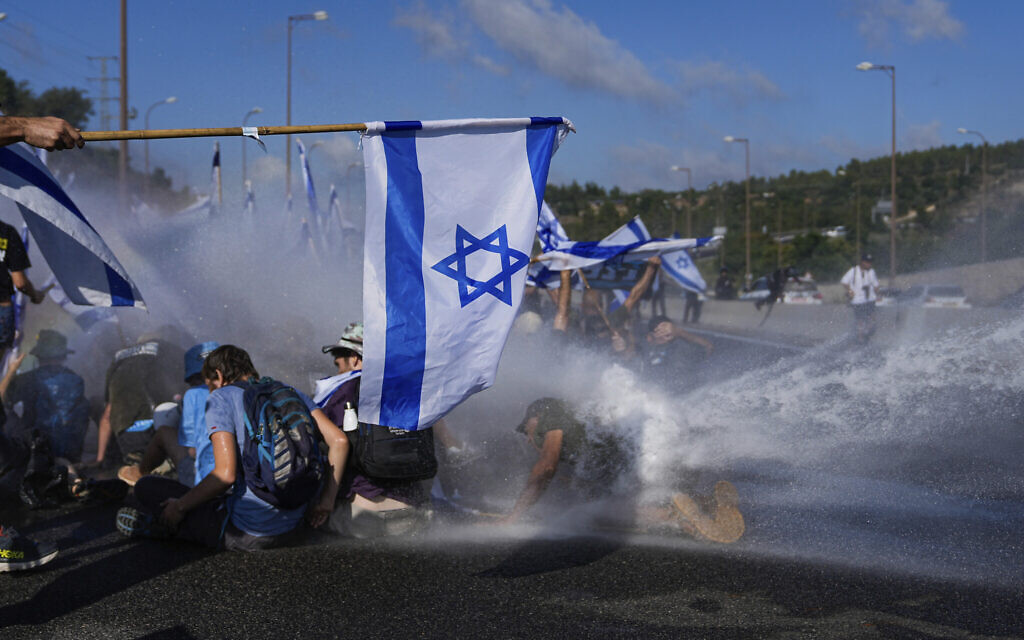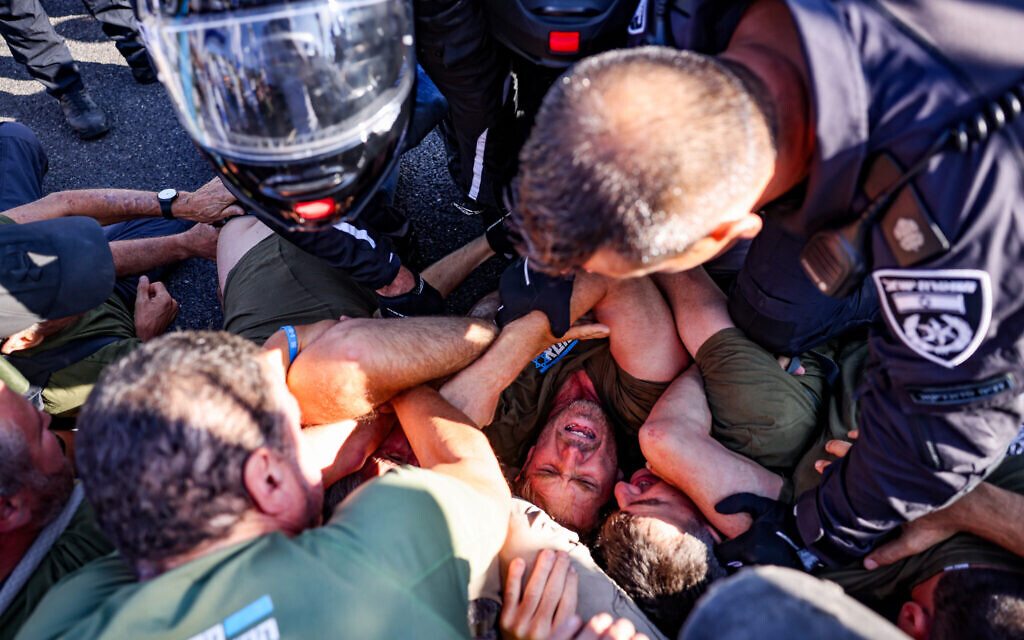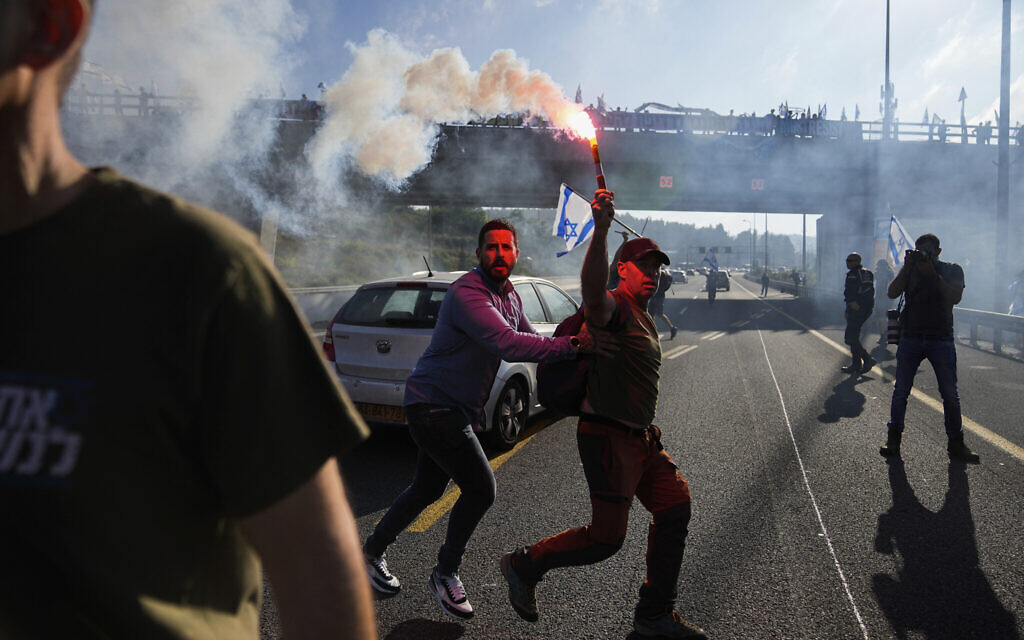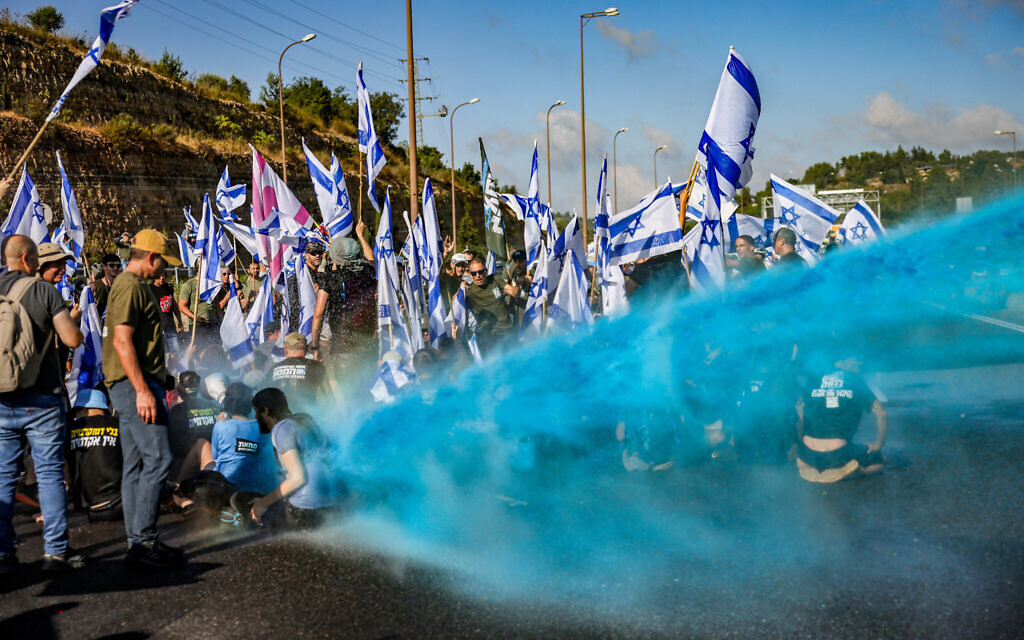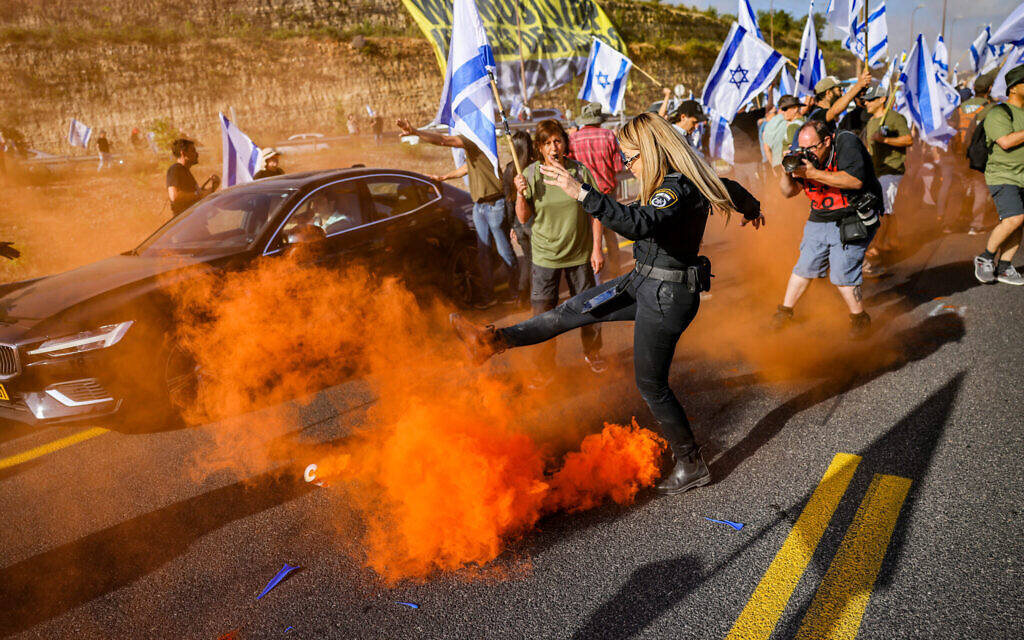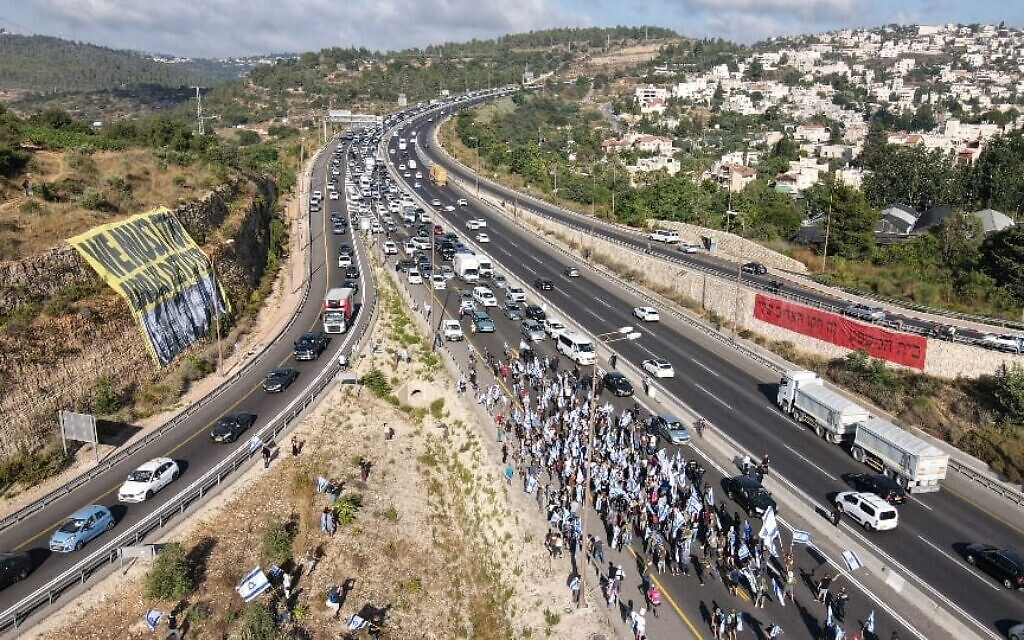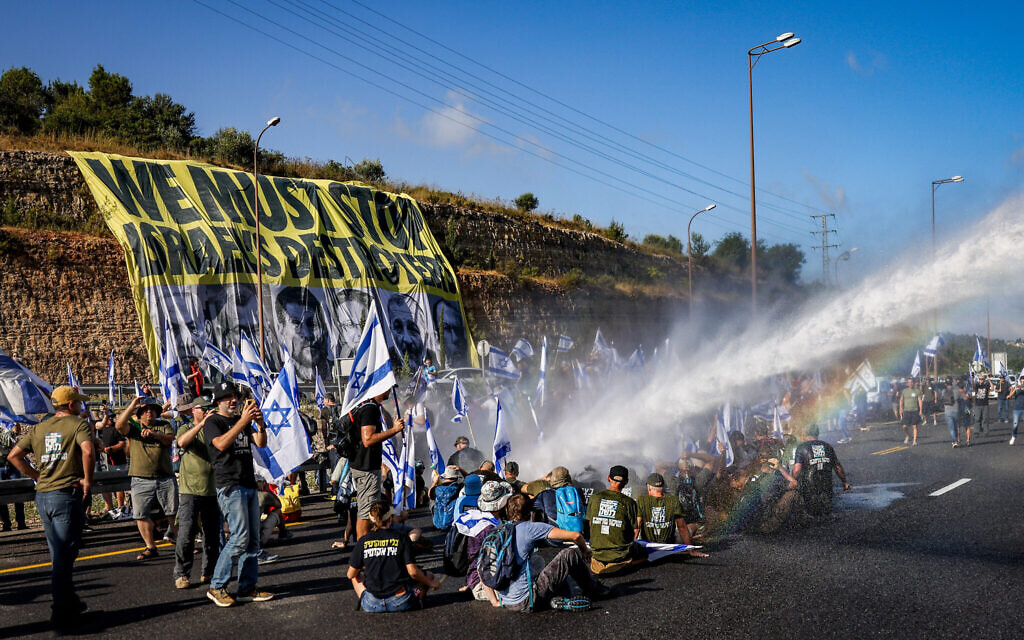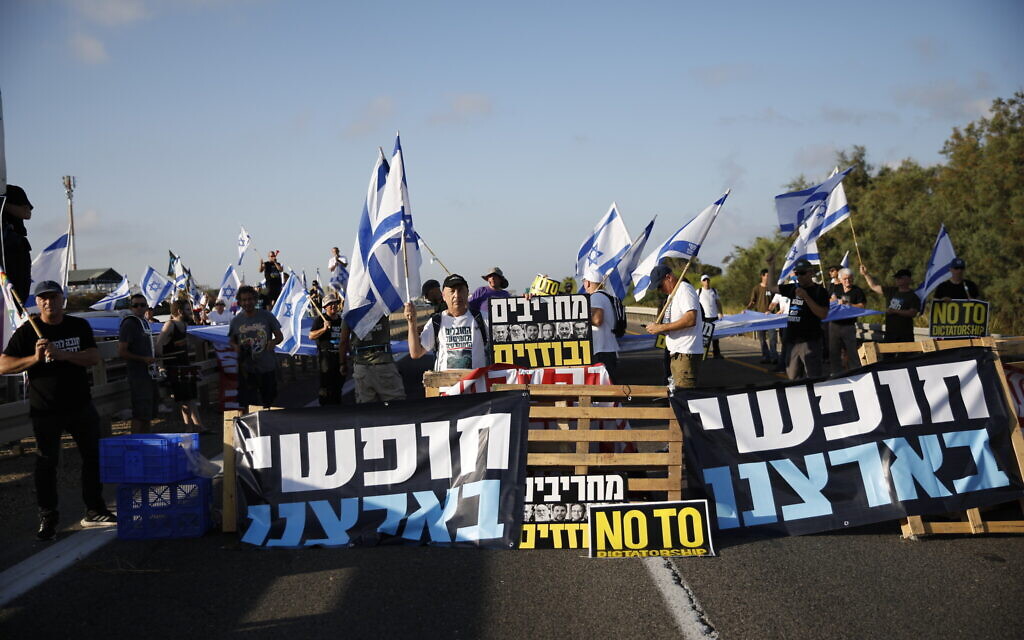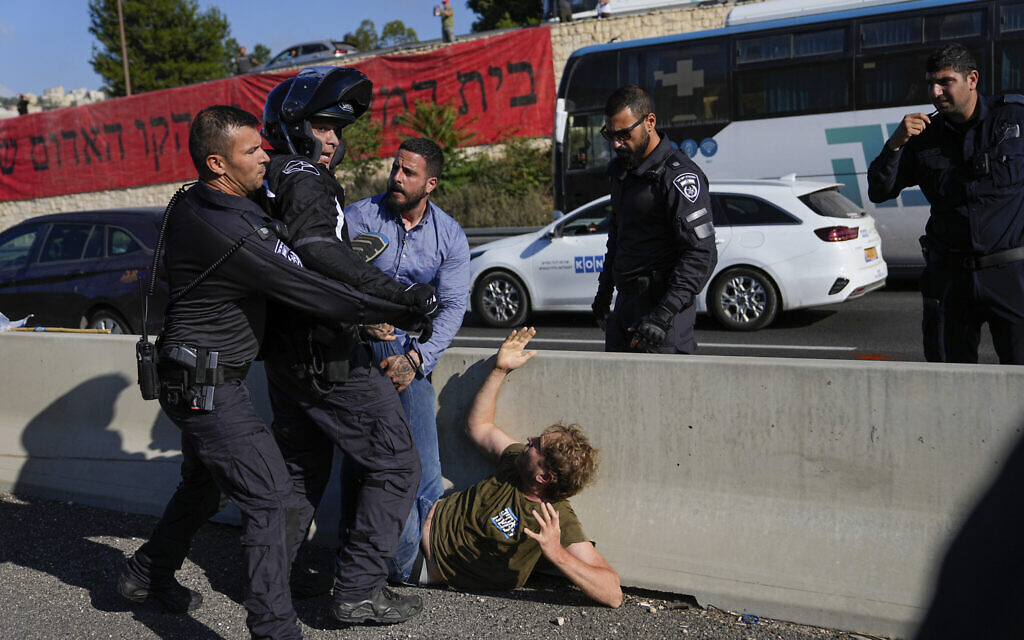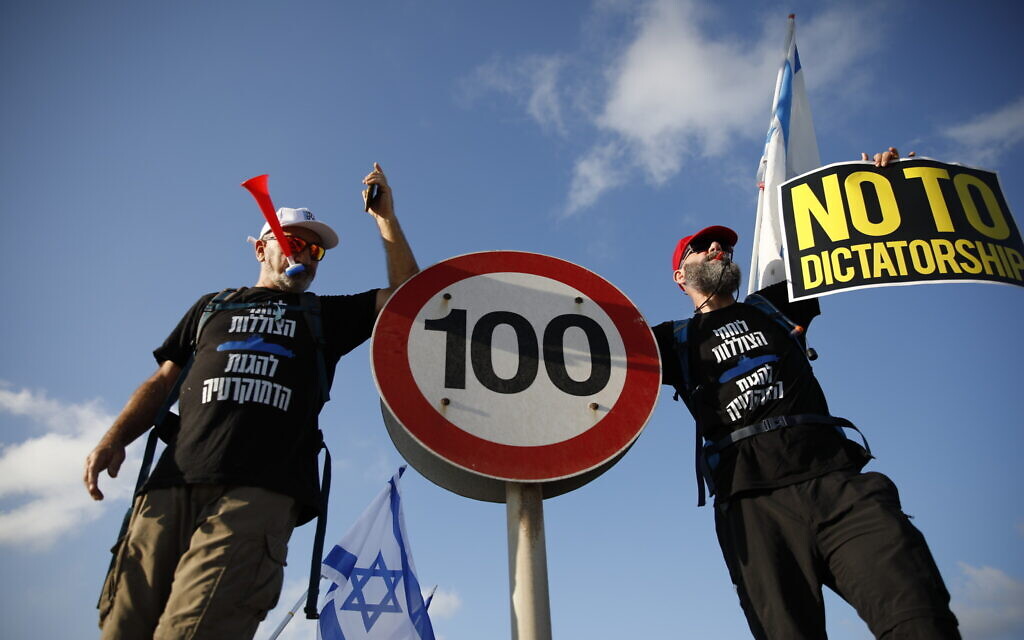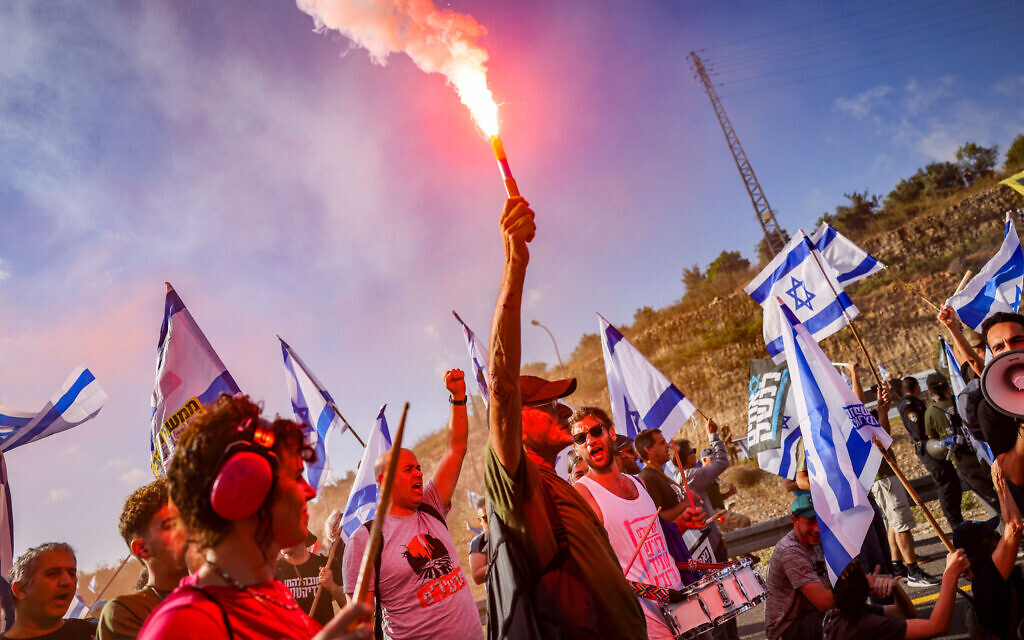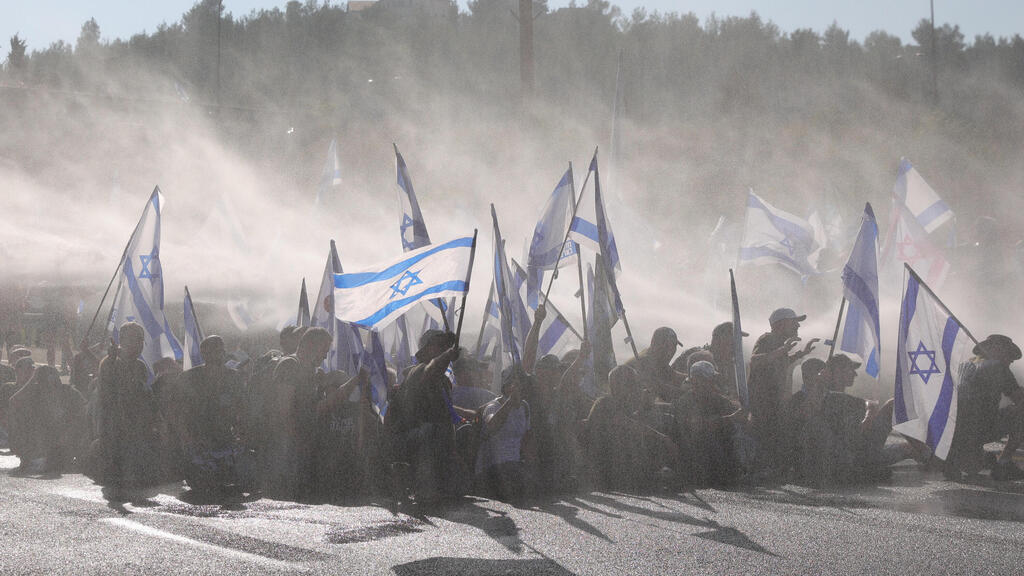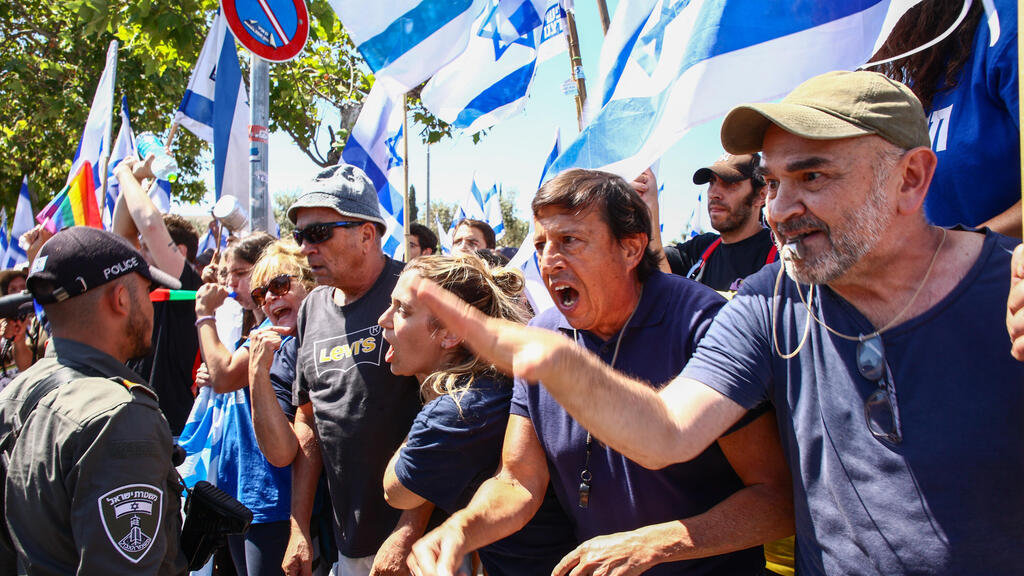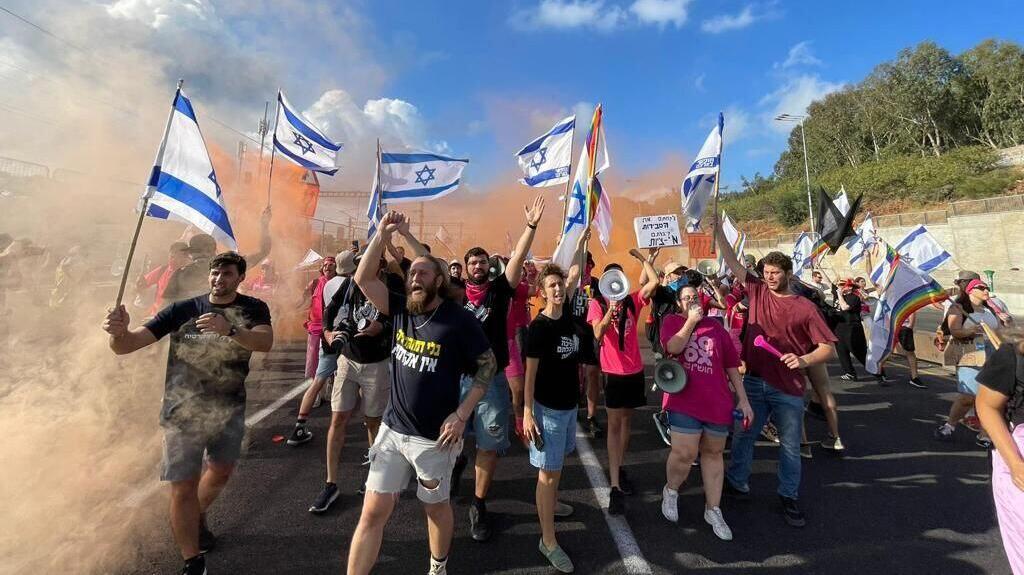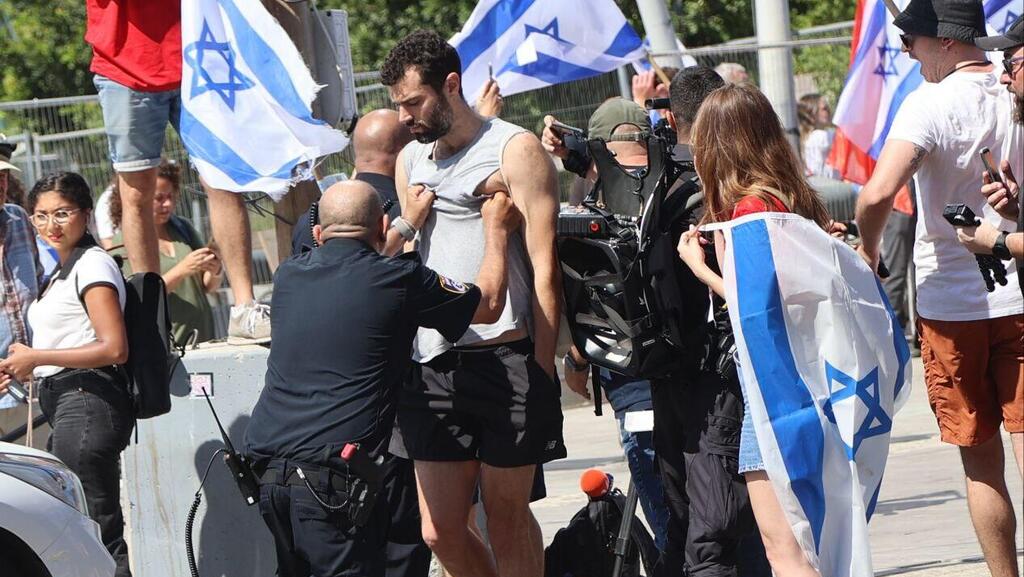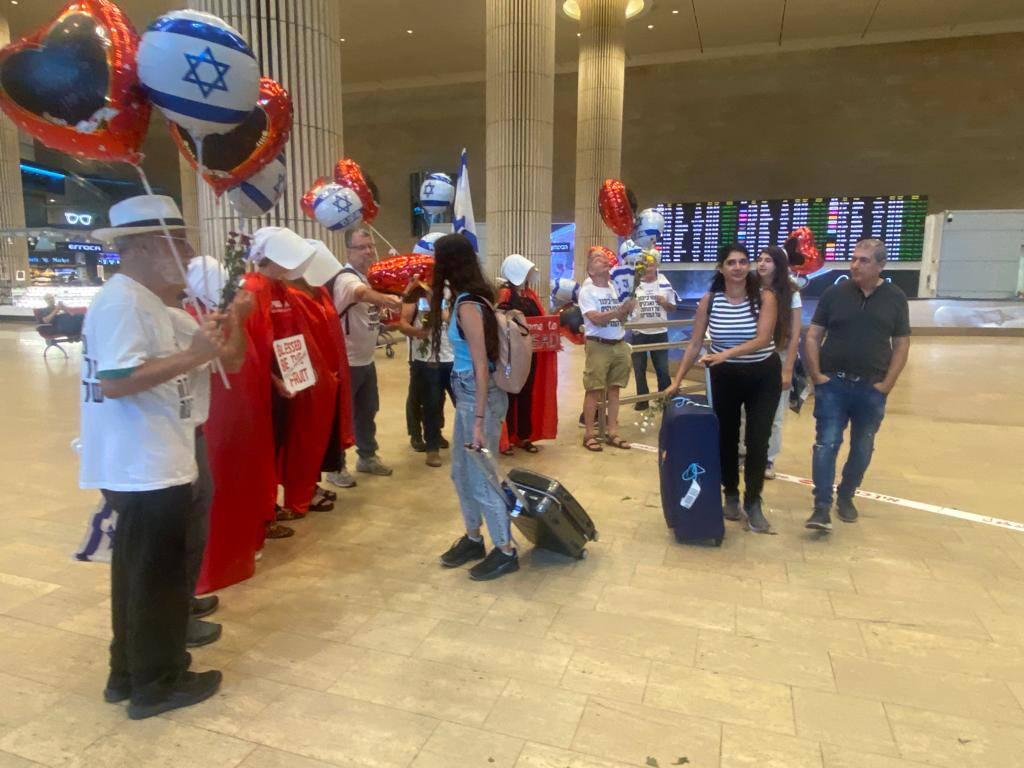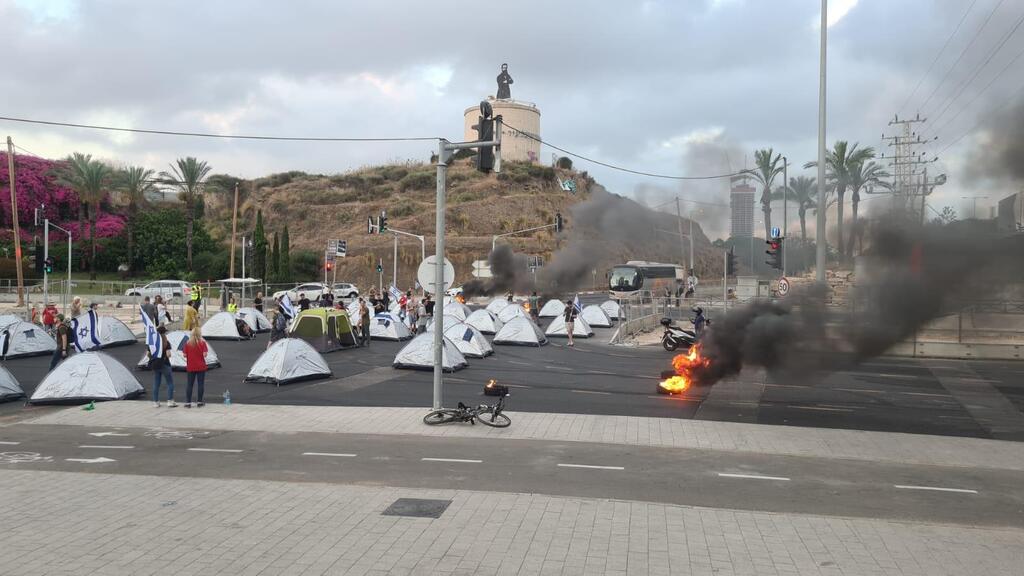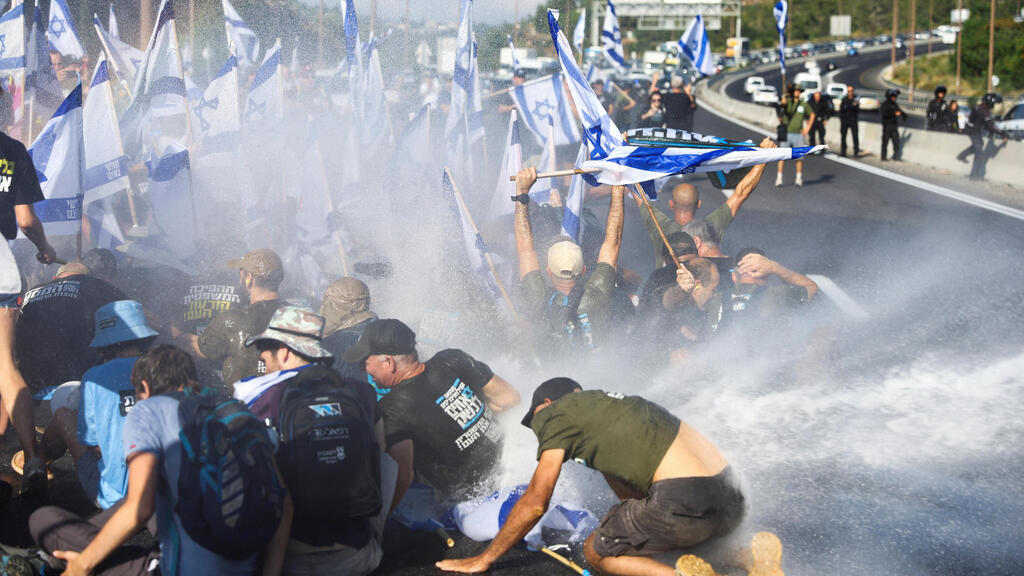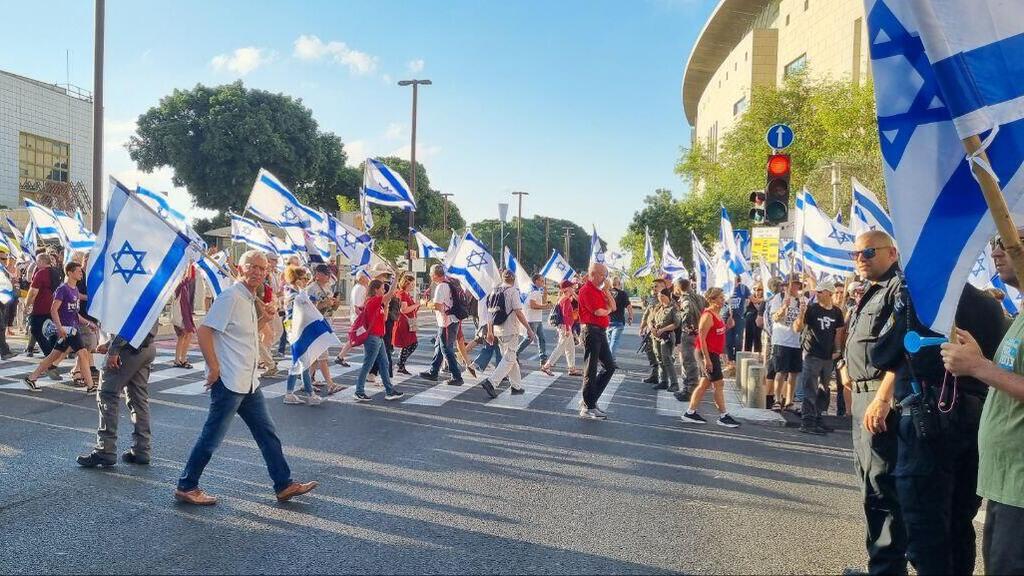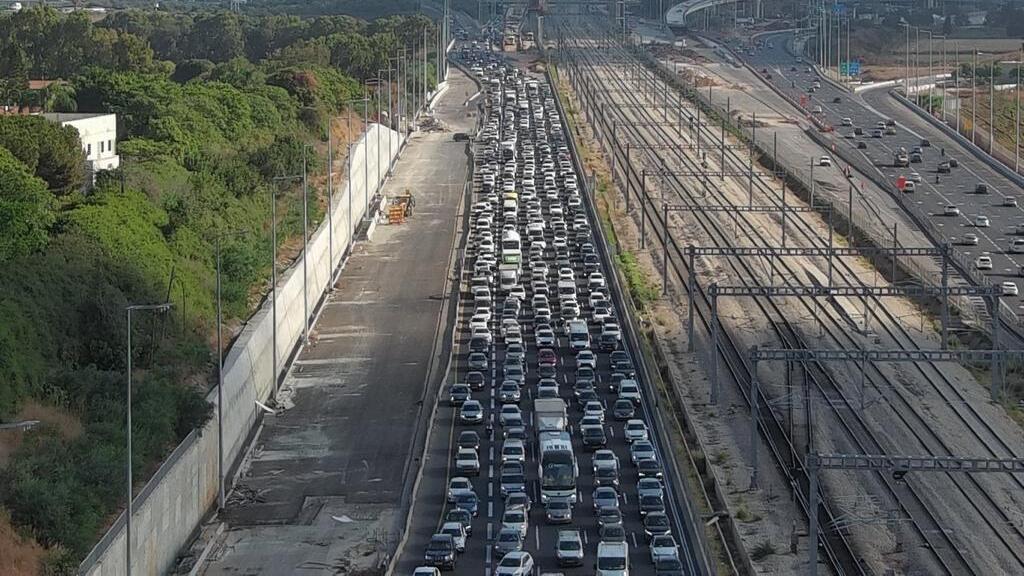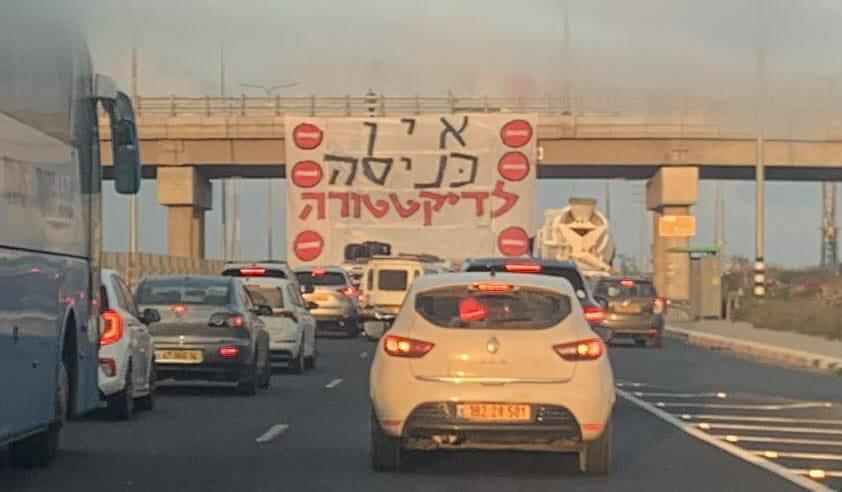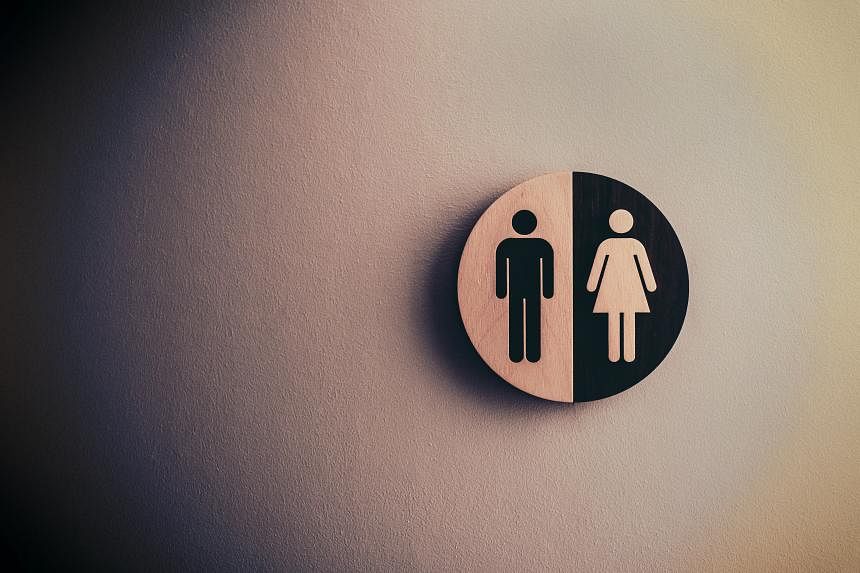JUST ANOTHER TERRORIST
Jenin: Palestinian boy killed during Israeli assault was unarmed - family
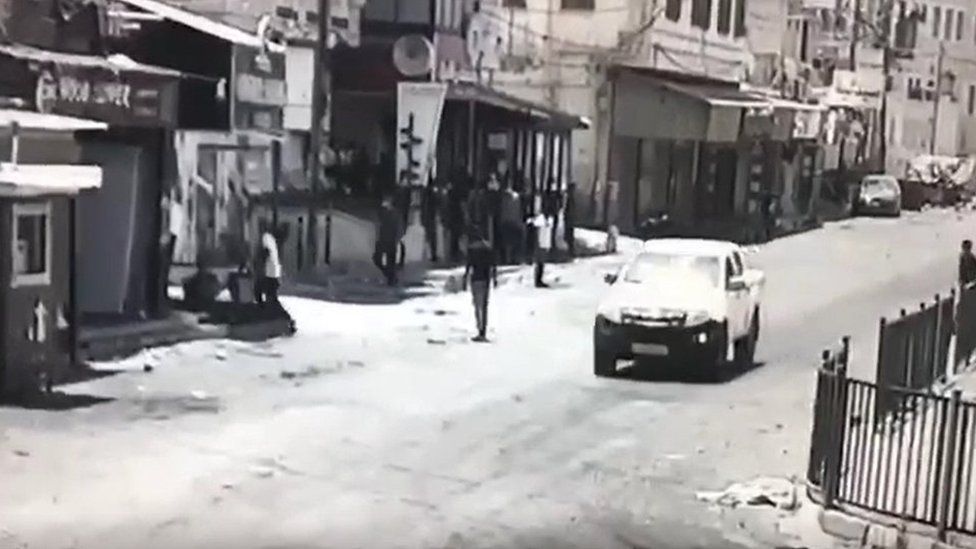
Eyewitnesses and the family of a 16-year-old Palestinian shot dead during Israel's military assault in Jenin have told the BBC he was unarmed and killed "for no reason", after videos emerged of the moment of his death.
Twelve Palestinians, including four teenage children, and one Israeli soldier were killed during the two-day incursion in the occupied West Bank last week.
Israel said all the Palestinians who were killed were combatants.
But the videos show Abdul Rahman Hassan Ahmad Hardan, 16, was unarmed when he was shot.
The teenager was shot in the head outside al-Amal hospital on the second day of the military incursion, which Israel said was intended to root out a "safe haven of terrorism" in Jenin refugee camp.
It follows over a year of rising numbers of Palestinian armed attacks targeting Israelis, while Israel has intensified its deadly military raids in the West Bank. At least 160 Palestinians and more than 30 Israelis have been killed since January.
Israel's government said its military operation last week was to stop the camp being a "refuge" for armed groups. It said it seized "hundreds" of guns and other weapons, including "advanced" improvised explosives.
It was its biggest assault in the West Bank in two decades, involving drone strikes into a packed urban area and armoured diggers causing massive destruction.
The United Nations accused Israel of using excessive force, while the Palestinian leadership called it a "war crime".
Israel Defense Forces (IDF) spokesman Lt Col Richard Hecht, asked by the BBC last week about the casualties, said: "There were 12 people killed, every one that was killed was involved directly with terrorism."
"A 17-year-old may be regarded as a minor but he's holding weapons and firing... We can show that evidence. We have pictures of all of them, and intel that they were involved."
After his death, Abdul Rahman Hardan was claimed as a member by the Palestinian militant group Islamic Jihad. However, his family has distanced itself from the claim, and Israel has yet to show evidence he posed a threat at the time he was fatally shot.
Under international law, the use of firearms by security forces against civilians is defined as a measure of last resort, and can only take place to stop an "imminent threat of death or serious injury".
Children are also given added protections under international humanitarian law.
Sixteen-year-old Abdul Rahman was killed at 13:00 (10:00 GMT) on Tuesday, as confrontations had continued in the city. Some involved gunmen firing towards Israeli forces.
Others involved Palestinian youths throwing rocks at Israeli jeeps and armoured troop carriers - a frequent occurrence as young men try to repel Israel's military raids into Palestinian cities.
In one video, first verified by the Times newspaper, the teenager can be seen standing in the street next to al-Amal hospital, close to a group of boys or young men. Rocks or other debris appear on the ground in the vicinity. No weapons are visible and Abdul Rahman appears unarmed.
Around 13 seconds into the footage, which has no sound, he leans forward to look down a street next to the hospital. He is then seen falling to the ground, having been shot in the head.
The original source of the video is not known to the BBC, but the boy's family and the eyewitnesses verified it as showing Abdul Rahman being shot.
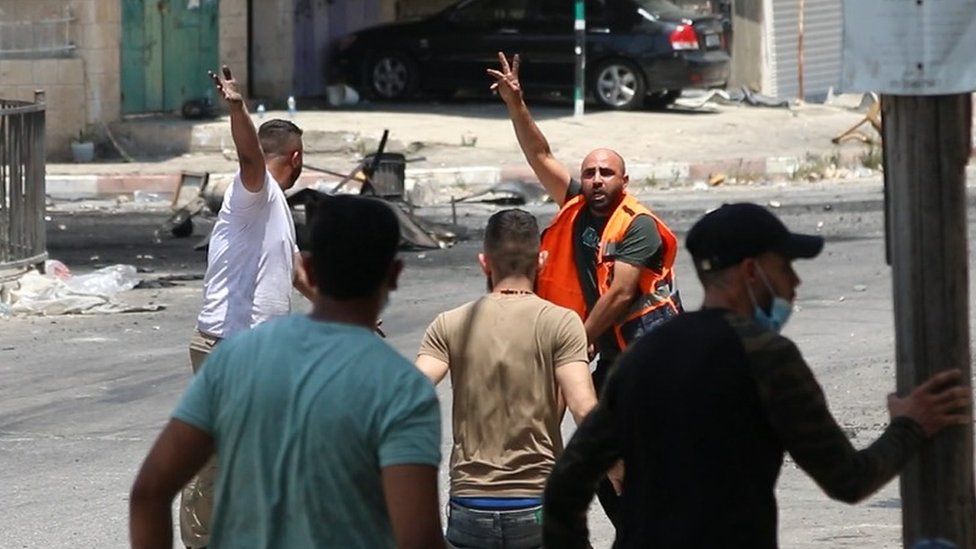
A second video filmed by a journalist outside the hospital shows the following moments, in which a paramedic rushes to Abdul Rahman and picks him up before carrying him along the street. The boy is suffering a catastrophic bleed from the head as he is carried towards the hospital entrance.
No weapons are visible in the area where the teenager fell nor elsewhere in the footage.
The IDF said it was inconclusive as to whether the footage documented the killing of Abdul Rahman by its forces.
Islamic Jihad - listed by Israel and the West as a terrorist organisation - claimed the 16-year-old as a fighter. Social media pictures later emerged in which he had posed with assault rifles at unknown dates. Such pictures are not uncommon among young men and teenagers in Jenin and surrounding villages.
The refugee camp is a highly militarised environment where the official Palestinian leadership has lost control, and armed groups see themselves as a core of resistance to Israel's military occupation - now into its 57th year. Human rights groups have frequently condemned militant groups putting weapons in the hands of minors.
The teenager's father, Hassan Ahmad Hardan, told the BBC that his son was on his way to the hospital to donate blood when an Israeli military vehicle entered the street.
"He was standing in the street to cross it when they shot him in the head from the back," said Mr Hardan.
"He did not carry anything with him - no stone, no weapon, nothing," he added.
In an interview with the Times, his family also said Abdul Rahman was not a militant and did not belong to any armed group.
Two eyewitnesses also told the BBC the teenager was unarmed.
"We were standing in one of the streets near the presence of occupation [Israeli] forces. After that, the occupation sniper shot the martyr Abdul Rahman without any reason or justification," said one eyewitness, who asked that his name was not published.
"The martyr was unarmed and did not carry anything," he added.
Of the 12 Palestinians killed in Jenin last week, two were aged 16 and two were 17 years old. Ten of the total were claimed as members by militant groups.
The IDF said it continued to examine the video, asking to receive it in its "unedited entirety".
In a statement, a spokesman said: "As of this time, it is not possible to say with certainty that the video does indeed document the neutralization of Abdul Rahman Hassan by IDF forces."
The spokesman said it was "unfortunate" that earlier reports "discounted the Islamic Jihad's claim of responsibility for the neutralized terrorist and his association with the terrorist organization".
He went on: "The IDF operated in a densely populated and complex combat zone, where hundreds of armed gunmen fired indiscriminately in the area. The IDF does everything in its power to avoid harming uninvolved individuals and operates precisely against terrorist organisations."
